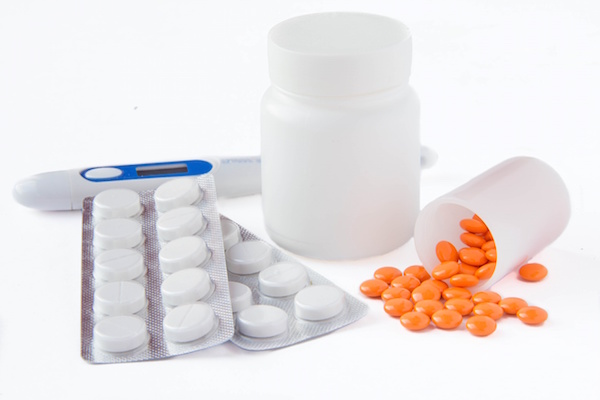
WEDNESDAY, March 30 (HealthDay News) — In an update to its ongoing radiation monitoring following the Fukushima Daiichi reactor crisis in Japan, U.S. government officials announced late Wednesday that milk sampled March 25 in Washington state contained low levels of radiation not likely to cause harm to humans.
In a statement released jointly by the U.S. Food and Drug Administration and the Environmental Protection Agency, the two agencies said that their screening of milk from Spokane, Wash., showed levels of iodine-131 that were “more than 5,000 times lower than the Derived Intervention Level” set by the FDA.
The level of iodine-131 found in the Spokane milk is “far below levels of public health concern, including for infants and children,” the FDA and the EPA both said. The agencies also noted that iodine-131 has a short half-life of just eight days, so even this low level is expected to dissipate quickly.
Patricia Hansen, an FDA senior scientist, said in the statement that, “radiation is all around us in our daily lives, and these findings are a miniscule amount compared to what people experience every day. For example, a person would be exposed to low levels of radiation on a round trip cross country flight, watching television, and even from construction materials.”
EPA monitors radiological levels of milk under the RADNET program while the FDA oversees milk and milk product labeling and safety.
More information
There’s more on efforts to ensure food safety following the crisis in Japan at FDA.

